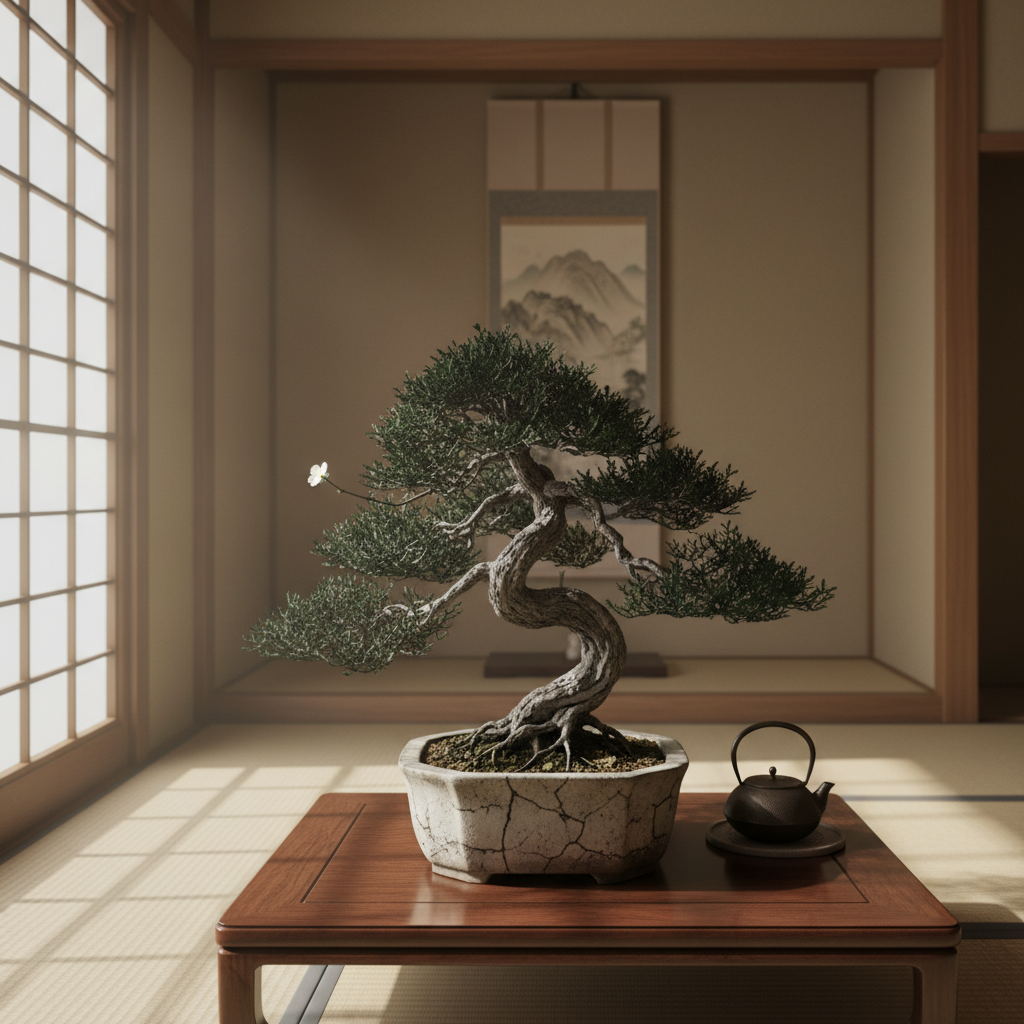Effective Nighttime Relaxation Techniques for Anxiety
Why Nighttime Relaxation for Anxiety Matters

Let’s be honest: anxiety and restful sleep often feel like they simply don’t mix. You want to drift off, yet your mind insists on replaying every awkward moment and worry, long after the lights are out. If this sounds familiar, you’re not alone.
Nighttime relaxation techniques for anxiety aren’t just convenient self-care ideas—they’re essential tools that soothe your nervous system, relieve muscle tension, and help switch off persistent anxious thoughts. Quality sleep is crucial for your brain’s nightly restoration and emotional well-being, a fact supported by experts at Harvard Health, Sleep Foundation, and the Mayo Clinic.
Bottom line: Incorporating effective nighttime relaxation approaches transforms restless nights into restorative sleep, strengthening your mental resilience.
Best Nighttime Relaxation Techniques for Anxiety

Here’s a practical set of anxiety relief methods designed to fit into your nightly routine, each taking just 5–15 minutes. Your well-rested self will thank you.
Deep Breathing Exercises: The 4-7-8 Method
- Inhale quietly through your nose for 4 seconds.
- Hold your breath for 7 seconds.
- Exhale slowly through your mouth for 8 seconds.
- Repeat 3-4 times to maximize relaxation.
This simple breathing technique activates your parasympathetic nervous system, effectively calming your heart rate and quieting anxious thoughts, enabling brain waves to promote sleepiness instead of alertness.
Progressive Muscle Relaxation (PMR): The Tense-and-Release Technique

- Lie down comfortably, ready to relax deeply.
- Start with your feet: tense muscles for 5 seconds, then release.
- Continue up through calves, thighs, abdomen, shoulders, neck, and face.
- Focus on the sensation of tension leaving your body.
Your muscles often store anxiety-induced tension. PMR helps release this built-up stress, making it easier for your mind to let go and prepare for restful sleep.
Guided Imagery & Visualization: Taking a Mental Vacation

- Close your eyes and picture a peaceful place—perhaps a sunset beach or a cozy cabin.
- Engage all your senses: feel the sand, smell the pine, hear the waves.
- Allow your mind to mentally escape and unwind.
Research highlights that visualization can effectively reboot stress responses, helping induce calm and relaxation before sleep. Learn more from Sleep Foundation’s guide on relaxation techniques.
Mindfulness Meditation & Body Scan: Staying Present to Ease Anxiety
- Focus attention on your breath or conduct a slow mental scan from toes to head.
- Observe sensations without judgment.
- When distracted by anxious thoughts, gently bring focus back to your body or breath.
Mindfulness helps untangle anxious thought patterns and encourages acceptance, which facilitates a calmer mind ready for sleep.
Calming Bedtime Routine Add-ons: Setting the Stage for Sleep
- Read light, soothing books instead of intense genres like true crime.
- Take a warm bath infused with lavender essential oils for added relaxation.
- Dim lights and avoid screens at least 30 minutes before bedtime to minimize disruptive blue light exposure.
These complementary habits support your main relaxation techniques, creating a powerful nightly wind-down ritual.
Tip: Customize your combination of these tools to what fits you best, establishing a consistent routine to win the bedtime battle against anxiety.
Personal Experience & Tips
From firsthand experience as someone who has navigated nighttime anxiety, combining the 4-7-8 breathing technique with progressive muscle relaxation was transformative. When anxiety spikes at bedtime, focusing on releasing bodily tension helped me quiet the internal panic.
Additionally, guided imagery—mentally returning to my childhood lakeside cabin—offers instant comfort and calm. The key is to start small: master one technique before layering others until your personalized anxiety-relieving routine takes shape. Remember, consistency is your best friend.
FAQ Roulette
- Q1: Can I practice these techniques anytime, even at work?
A1: Absolutely! These relaxation methods serve as quick anxiety relief tools whether you’re in meetings or handling public speaking. - Q2: How quickly will these techniques work?
A2: Many notice calm within minutes, but for some, regular practice over weeks leads to the best results. - Q3: Meditation is challenging for me. Are there alternatives?
A3: Try grounding exercises like the 5-4-3-2-1 technique—identify 5 things you see, 4 you can touch, 3 you hear, and so on to anchor yourself in the present. - Q4: Is journaling effective for reducing nighttime anxiety?
A4: Writing down worries or next-day plans helps unload mental clutter, preventing racing thoughts from taking over your mind.
Ready to reclaim your nights? Breathe deeply, relax each muscle, imagine your peaceful place, and disconnect from screens. Your journey to anxiety-free sleep starts with these simple, effective nighttime relaxation techniques for anxiety.


